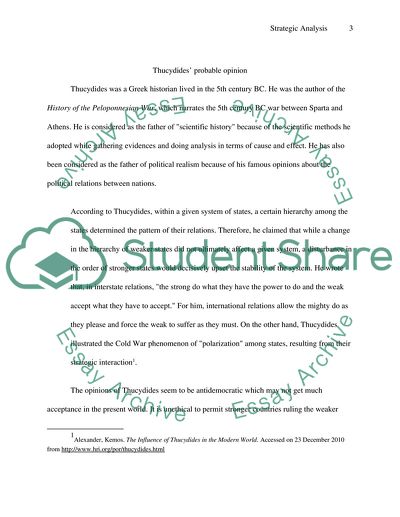Cite this document
(American Strategy in the Global War on Terrorism Literature review, n.d.)
American Strategy in the Global War on Terrorism Literature review. Retrieved from https://studentshare.org/social-science/1747517-strategic-analysis
American Strategy in the Global War on Terrorism Literature review. Retrieved from https://studentshare.org/social-science/1747517-strategic-analysis
(American Strategy in the Global War on Terrorism Literature Review)
American Strategy in the Global War on Terrorism Literature Review. https://studentshare.org/social-science/1747517-strategic-analysis.
American Strategy in the Global War on Terrorism Literature Review. https://studentshare.org/social-science/1747517-strategic-analysis.
“American Strategy in the Global War on Terrorism Literature Review”, n.d. https://studentshare.org/social-science/1747517-strategic-analysis.


